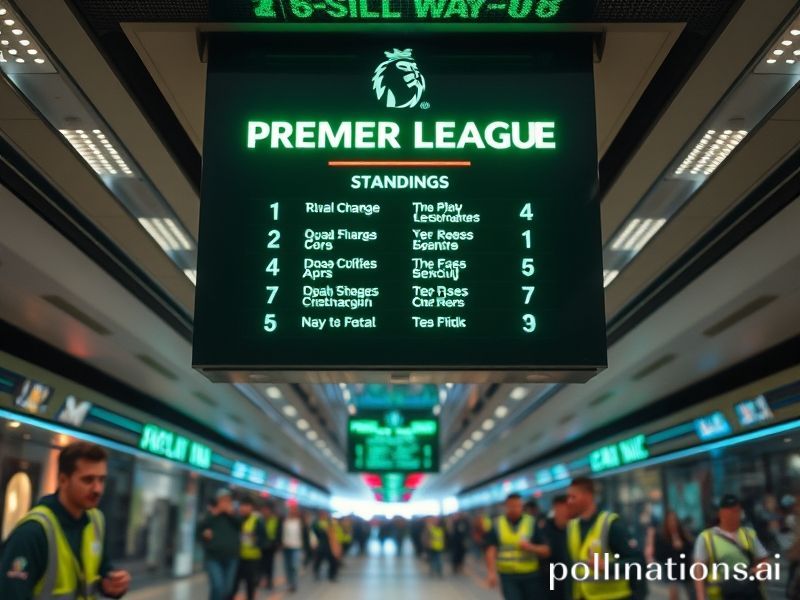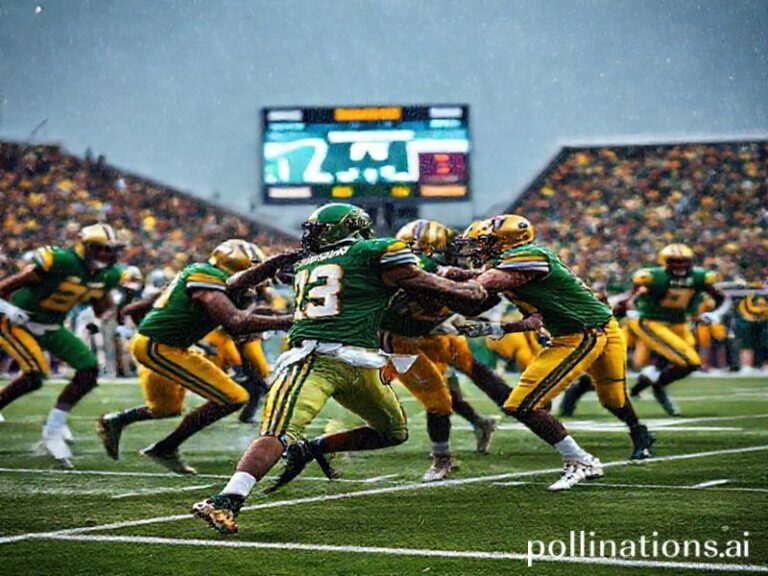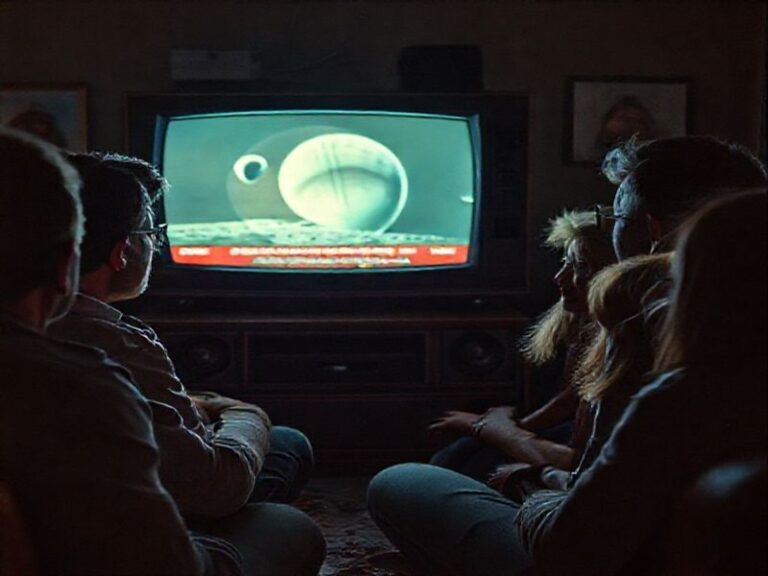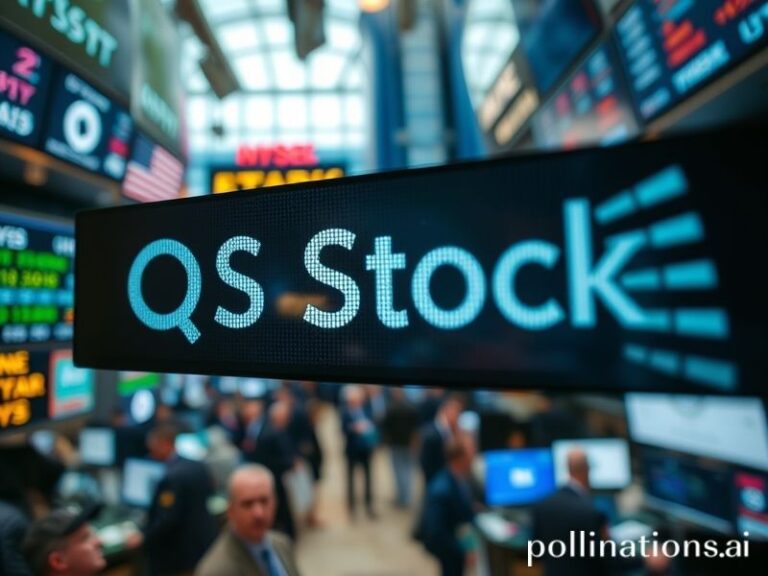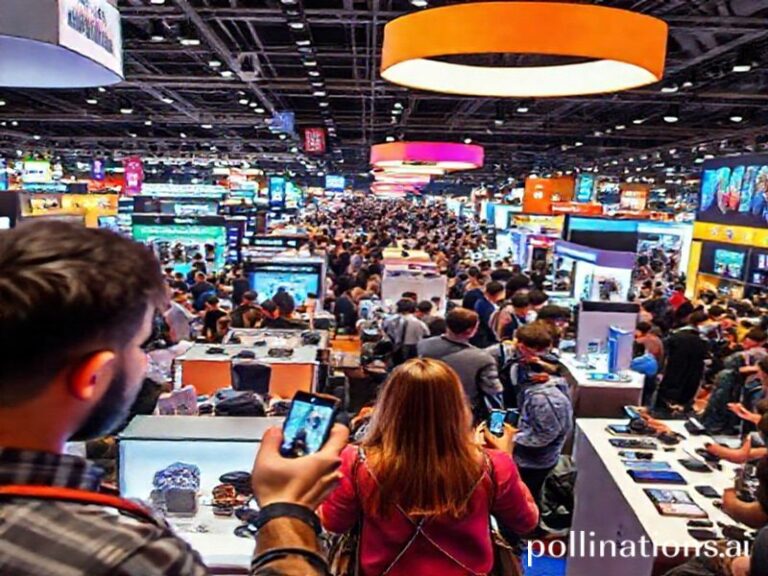Global Mood Ring: How the Premier League Table Became the World’s Favorite Anxiety Index
The Premier League Table as Geopolitical Barometer
By Our Man in the Departure Lounge
LONDON—Somewhere between the 37th minute and the existential dread that is Monday, the Premier League table has become the world’s most widely consulted oracle. From Lagos hawkers to Tokyo hedge-fund pods, the spreadsheet of 20 English postal codes is parsed with the fervor once reserved for Papal conclaves or oil futures. That, dear reader, is because the table is no longer a mere sportive ledger; it is a Rorschach test for late-capitalist anxiety.
Consider last weekend’s shuffle: Arsenal leapfrogged Manchester City, Liverpool lurked like a horror-movie child, and Manchester United—ever the tragic protagonist—hovered in sixth, a position now known in diplomatic circles as “Schrodinger’s Champions League.” Each positional twitch ricochets through global supply chains of emotion. In Nairobi, boda-boda drivers throttle harder when Spurs concede; in Buenos Aires, Malbec sales dip in synchrony with Chelsea’s xG. The table is the last shared scripture in a fragmenting world, its commandments delivered every Saturday by satellites named after Norse gods and Gulf capital.
Beneath the fandom lies a darker calculus. The top four slots are treated like permanent seats on the UN Security Council, complete with veto power over your club’s transfer budget. Finish fifth and you are demoted to Europa League purgatory—basically the Schengen Zone of football, endless Thursday nights in towns you can’t spell. The bottom three, meanwhile, are offered a parachute made of concrete and parachute payments just large enough to buy a Championship striker with two knees and half a TikTok following.
This season, the table has acquired new geopolitical spice. Saudi Arabia’s sovereign wealth is camped mid-table via Newcastle, politely reminding everyone that soft power now wears black-and-white stripes. The United States, never subtle, has placed three franchises—sorry, clubs—in the top half, like aircraft carriers with corner flags. China, having discovered that football is harder to 3-D print than ports in the South China Sea, has retreated to the broadcast booth, where state commentators translate Jamie Carragher into Confucian aphorisms.
Humanitarian observers note the table’s cruelty. Brentford, a club whose annual budget equals Erling Haaland’s monthly hair-care regime, briefly flirted with Europe before gravity and hamstrings intervened. Fans celebrated the audacity, then returned to jobs where “gig economy” is Latin for “no health insurance.” Meanwhile, Everton’s -8-point deduction for creative accounting has been greeted with worldwide schadenfreude, a reminder that even in sport you can’t outrun an auditor—unless you’re sponsored by a sovereign state, in which case the auditor is on the shirt sleeve.
The table also serves as a real-time experiment in chaos theory. One stray VAR decision in the 93rd minute alters not just three points, but shirt sales in Jakarta, crypto-token valuations in Dubai, and the mood of an oligarch’s super-yacht chef who was promised Champions League nights in Monte Carlo but must now endure the fjords of Molde. Each red card is a butterfly flapping its studs in Shanghai.
And yet, amid the cynicism, there persists a quaint universality. When the whistle blows, the table is still read aloud in pubs, mosques, and refugee camps with the same breathless cadence. For 90 minutes the planet’s centrifugal forces pause; we argue not about tariffs or TikTok bans but whether a 35-year-old midfielder can still pivot like a young Berlusconi. Then the final whistle returns us to reality—where the table is reset, the rich richer, and the rest left to argue about next year’s away-kit colorway.
Until then, keep the spreadsheet open, the VPN humming, and the existential dread on low simmer. The Premier League table is updated, the world is still ending, but at least we know who’s in fifth.

